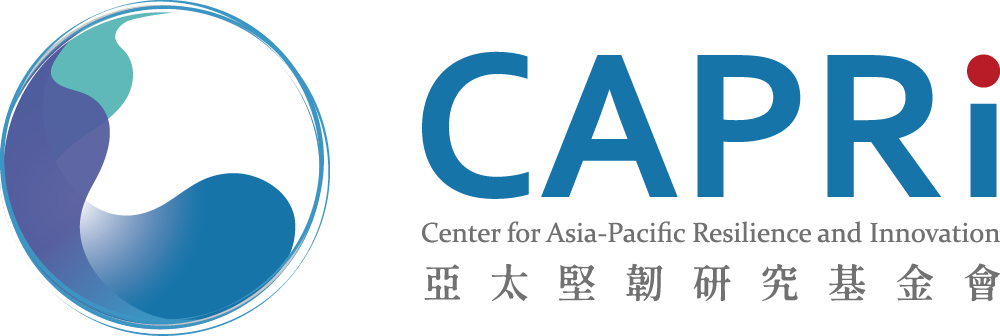Asia-Pacific countries are increasingly bearing the impacts of climate change, demographic decline, and global economic change. How can societies in the region ensure that human capital can remain mobile and innovative as globalization seems to reverse and new industries develop?
Innovation depends on talented individuals. Talented individuals with the training to solve complex problems will be key to building resilient societies worldwide. However, maintaining a healthy supply of talented workers in the Asia Pacific entails ensuring that young people receive the right education to address complex challenges, that workers and professionals can develop their skills across multiple fields, and that talent can circulate both within and across countries in the region.
CAPRI is developing a workstream on how governments, the private sector, academia, and civil society can strengthen talent pipelines through education, training, and social support to give people the skills, opportunities, and mindsets to build economic and societal resilience across borders.
- 2023 Annual Forum session: Upgrading the Global Supply Chain of Talent for Future Innovation
- Op-ed on CommonWealth Magazine: Taiwan can lead only if it cultivates world-class talent



